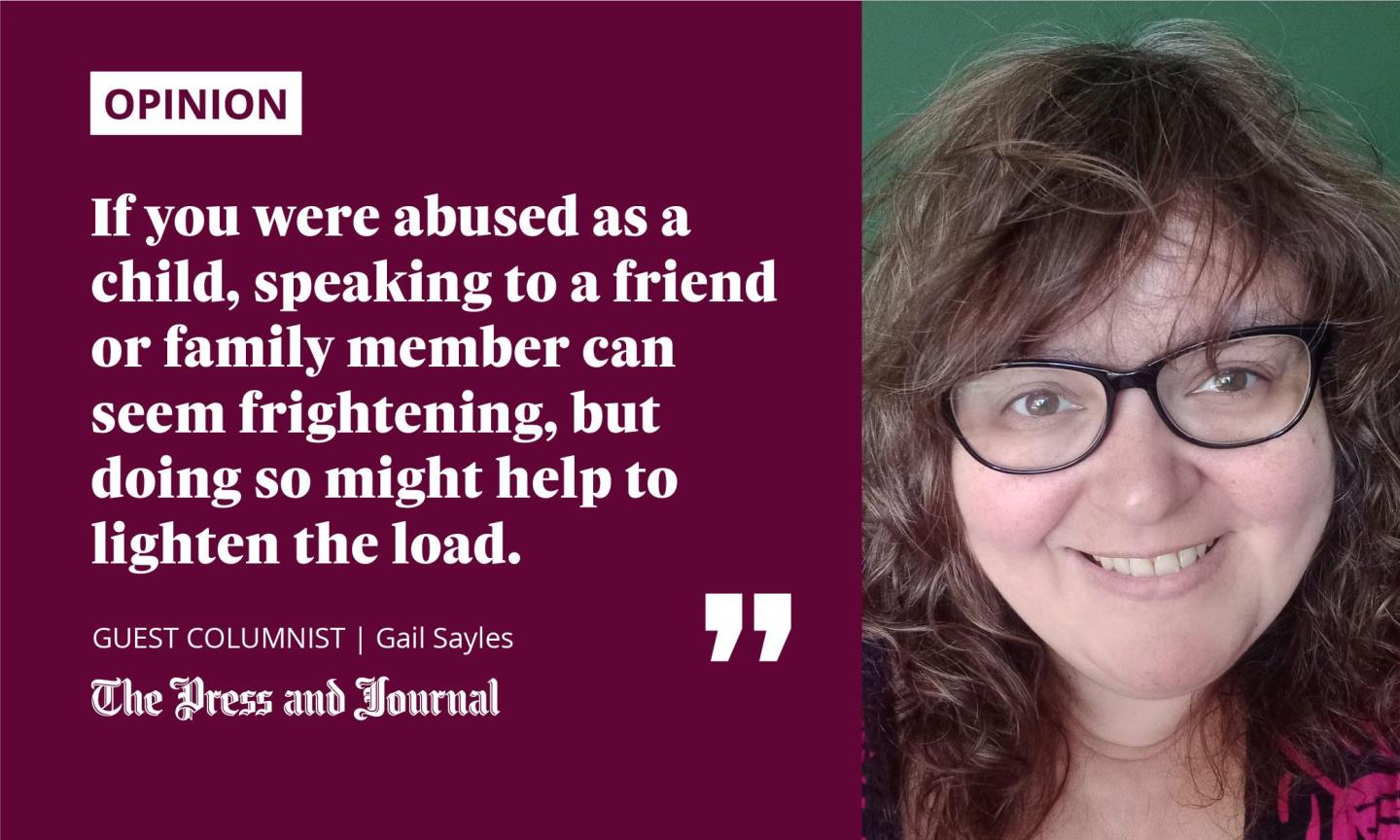Experiencing sexual abuse when you are young does not only impact your childhood. The effects can last long into adulthood.
However long ago the abuse took place, however many times it happened, and whatever the circumstances, it’s vital to know that there’s support out there.
Child sexual abuse can have a huge effect on health, relationships and education and can stop people from having the childhood and life they deserve.

The long-term effects of abuse can include emotional and mental health problems, such as anger, anxiety, depression, self-harm and suicidal thoughts. It can also prompt drug or alcohol problems, difficulty with emotions and memories, poor physical health and put strain on relationships.
Child abuse can also influence brain development. Through science, we know that the brain develops from before birth and into adulthood and is shaped by a person’s life experiences. Positive experiences throughout childhood help to build healthy brains, while experiencing childhood trauma and abuse can harm a child’s brain development.
But our brains always have the potential to change and grow. Having caring relationships and access to support services can reduce the harmful effects of negative experiences.
Talking can lighten the load
It’s so important that people who have experienced abuse can receive the support they need to heal, whether it’s speaking about it for the first time or receiving further help. If you were abused as a child, speaking to a friend or family member can seem frightening, but doing so might help to lighten the load and help you work out what you want to do next.
It’s never too late to report the abuse you have experienced. However, you don’t have to report it to anyone if you don’t want to
Talking to your GP might be helpful, too. They can refer you to receive appropriate support, such as counselling, and let you know if the NHS has services for survivors in your area.
The National Association for People Abused in Childhood (NAPAC) has a wealth of information and advice. Their trained staff are there to speak over the phone with survivors of any type of childhood abuse. Calls are free from UK landlines and mobiles and confidential.
All children have a right to be safe from abuse.
If something has happened to you or someone you know, there are those who will listen to you and take what you say seriously.
For advice visit: https://t.co/JxuWAyqczj or call us on 0808 801 0331#StopAbuseTogether pic.twitter.com/sRnl5V18p8
— NAPAC (@NAPAC) January 28, 2022
It’s never too late to report the abuse you have experienced. However, you don’t have to report it to anyone if you don’t want to. If you do decide to, you can speak to the police, no matter how long ago it happened.
If you don’t feel comfortable contacting the police, the NSPCC helpline is always here. Call our trained professionals on 0808 800 5000, email help@nspcc.org.uk or fill in our online form on our website.
Gail Sayles is NSPCC Scotland Local Campaigns Manager
